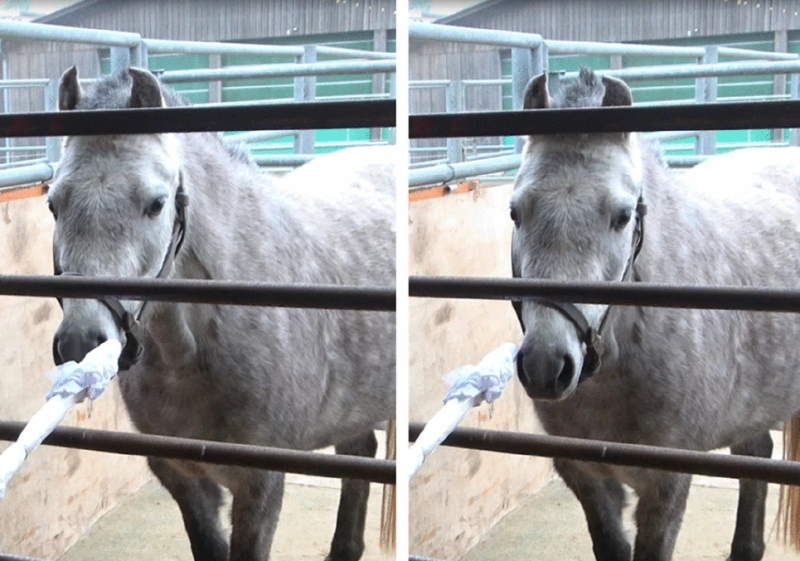A team of researchers at Université Paris Diderot has found evidence that suggests humans are able to detect via smell which partners are genetically preferable. In their paper published in Proceedings of the Royal Society B, the group describes their study of the major histocompatibility complex (MHC) in people, and the ability to detect it via smell.
The work involved analyzing data from the Database of Genotypes and Phenotypes managed by NIH. The researchers report that they were able to use genome-wide data from over 800 couples living in Europe and the Middle East (Israel)—more specifically, they were able to see how similar their MHCs were.
The researchers report that on average, the MHCs between couples in Europe were dissimilar—more so than could be accounted for by randomness. They also noted that such differences were the most pronounced in couples living in the Netherlands. But they also report that they found no such degree of dissimilarity for couples living in Israel.
The researchers suggest their findings provide strong evidence of a human ability to smell MHC in other humans and to prefer mates with dissimilarities. They suggest such a preference can be overridden by cultural practices, however, such as those found in Israel, where mate choice is limited due to social standing or family practices.
![]() Explore further: Opposites attract — how genetics influences humans to choose their mates
Explore further: Opposites attract — how genetics influences humans to choose their mates
More information: Claire Dandine-Roulland et al. Genomic evidence for MHC disassortative mating in humans, Proceedings of the Royal Society B: Biological Sciences (2019). DOI: 10.1098/rspb.2018.2664
Read more at: https://phys.org/news/2019-03-evidence-humans-genetically-dissimilar-partners.html#jCp
Source: Evidence that humans prefer genetically dissimilar partners based on scent























